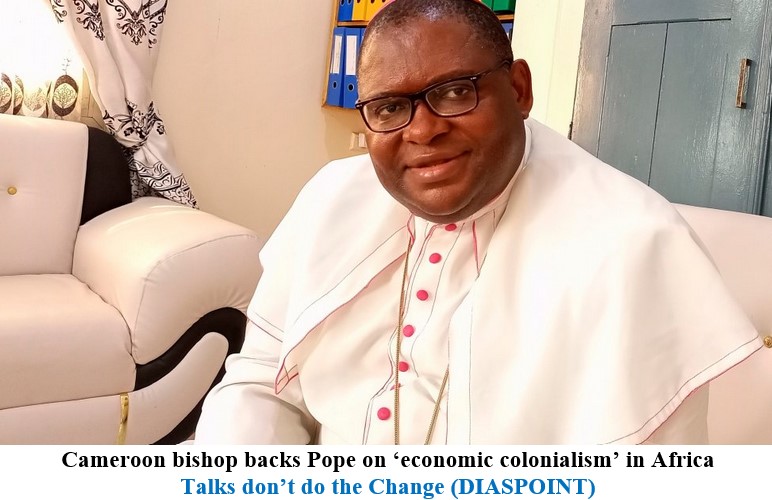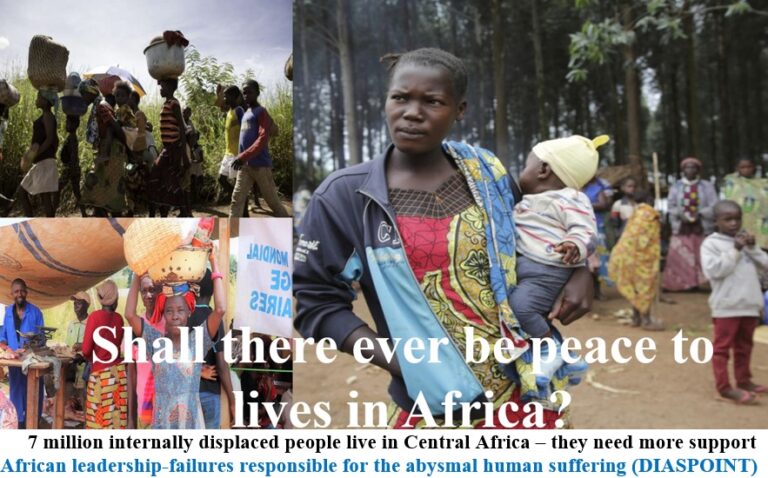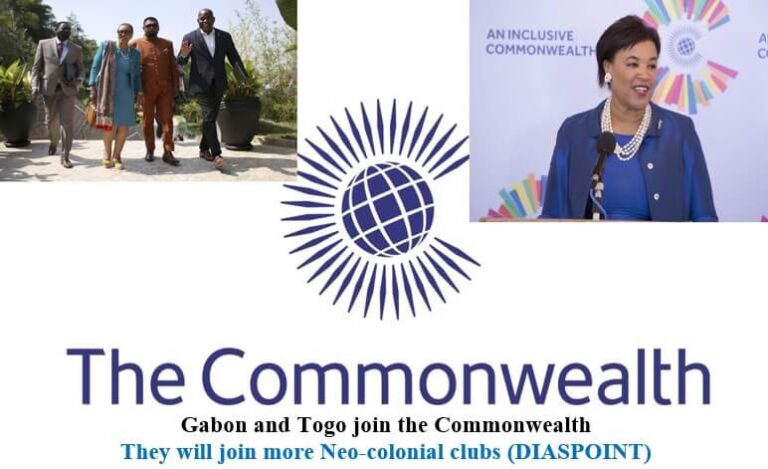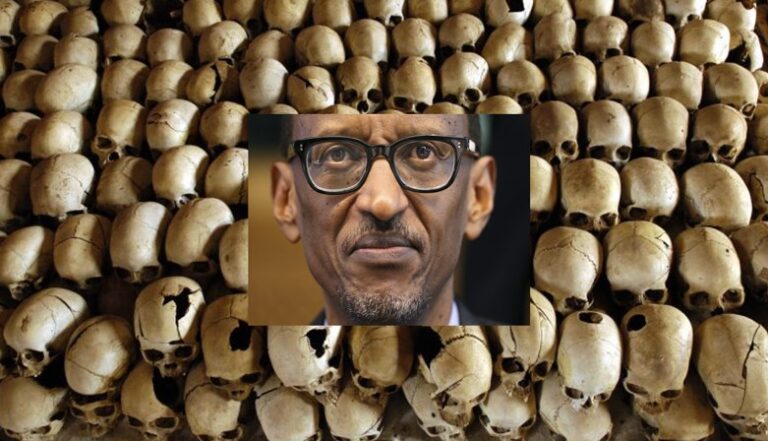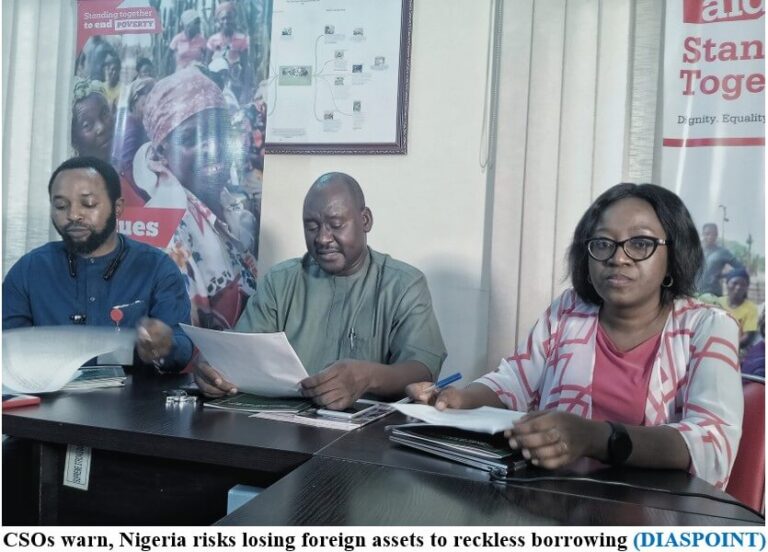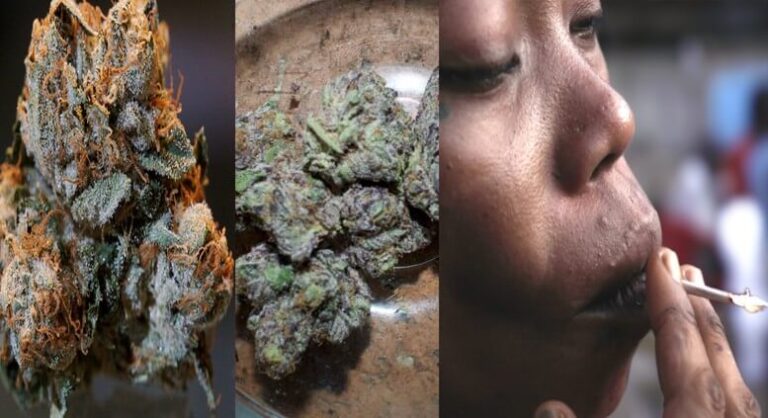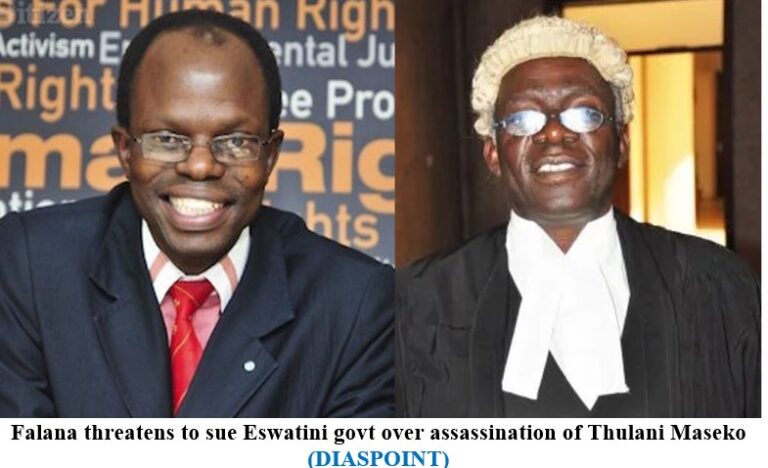Cameroon bishop backs Pope on ‘economic colonialism’ in Africa
The exploitation of Africa has remained a major talking point across the continent, especially after Pope Francis roundly condemned what he called “economic colonialism” in Africa.
On his long-awaited trip to the Democratic Republic of Congo and South Sudan, the pope repeatedly decried the transformation of ill treatment from political domination to economic victimization.
“Political exploitation (of the Congo and more generally of Africa) gave way to an economic colonialism that was equally enslaving,” Pope Francis told an audience of Congolese politicians and other dignitaries. “As a result,” he continued, “this country, massively plundered, has not benefited adequately from its immense resources.”
“It is a tragedy that these lands, and more generally the whole African continent, continue to endure various forms of exploitation,” Francis said. “The poison of greed has smeared its diamonds with blood,” he said—a reference to what has become known as Congo’s blood diamonds.
“Hands off the Democratic Republic of the Congo! Hands off Africa! Stop choking Africa: it is not a mine to be stripped or a terrain to be plundered,” Francis warned.
That message has continued to make headlines.
The Bishop of the Cameroonian diocese of Buea, Michael Bibi, whose diocese is located in the far south of Cameroon’s majority anglophone western regions, told Crux the Pope’s “economic colonialism” criticism was a reference to the idea of neo-colonialism.
In a conversation with Crux, Bibi described the political liberty African nations obtained from their erstwhile colonial overlords as a “flag and anthem” independence, “while the purse strings remained in the hands of the former colonial masters.”
Bibi said he sees a marked difference in the levels of such neo-colonial arrangements between former British and French colonies. “France,” he said, “more than any other former colonial power, continues to have an iron grip in the economic and political affairs of her former colonies.”
“Many wonder whether we should even use the adjective ‘former’,” Bibi said, adding that the rate at which young Africans are dying in the Mediterranean Sea “as they risk their lives in search of greener pastures in Europe,” dramatically illustrates the relevance of the pope’s message.
Bibi said that the degree and extent of interference in the economic affairs of African states differs between the former colonial powers.
“Some of the biggest economies in Sub-Saharan Africa are former colonies of Britain (Nigeria, South Africa, Kenya, Ghana) and these countries are also the leading democracies on the Continent,” he said. “When you compare their lot with that of the former French (and Belgian) colonies, you begin to see that France, more than any other former colonial power, continues to have an iron grip in the economic and political affairs of her former colonies.”
“Frequently,” Bibi went on to say, “these states have turned to China for help, but they are often so weak that they cannot strike a fair bargain with the Chinese Government. When loans are given, the construction must be done by a Chinese company.”
The resulting picture is one in which the major players fostering this economic colonization “are the former colonial powers in Europe, especially France, the Chinese, and the Americans as well.”
He said that France uses “a complicated network of financial economic policies and political control through the threat of regime change and their military presence to maintain the status quo,” while China exercises financial and commercial influence through loans, and “the Americans use their influence over the United Nations Security Council and the IMF and similar International Organization to have their way over many issues.”
Bibi said there is a cultural element to the involvement of Western powers, especially, in African affairs. “Another major instrument used by the players, especially the former colonial masters, is the formation of Associations ostensibly to celebrate the same culture such as the Francophonie and the Commonwealth of Nations,” he said.
Colonization, in Bibi’s view, continues to affect the continent’s economic life and impact the impact on the lives of ordinary people.

